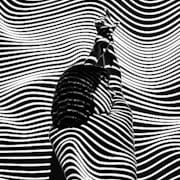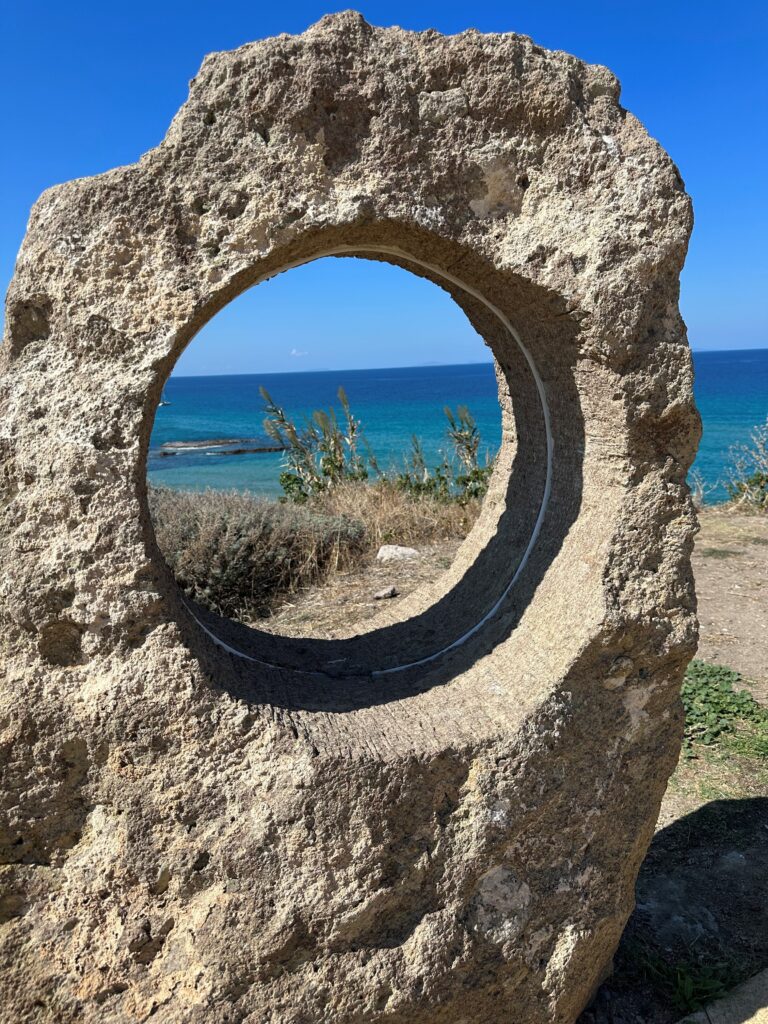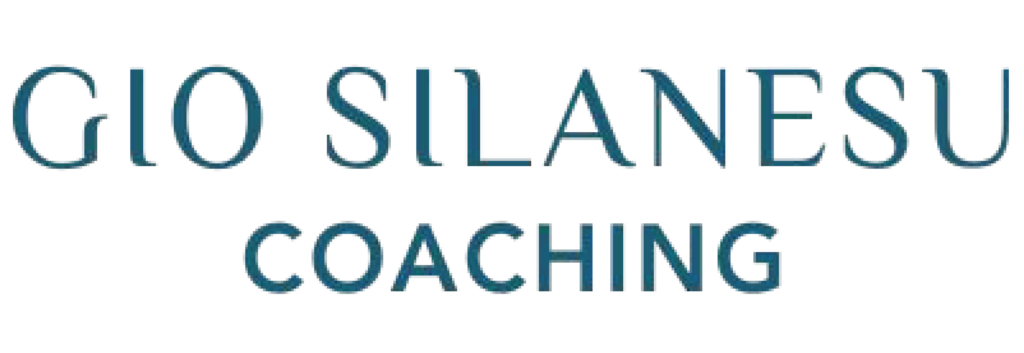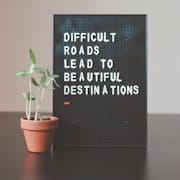Key to preventing learning in any situation is our human need to judge everything in our lives to be either right or wrong. In making the judgement we actually stop the process of discovery, because we have already determined a meaning for the event. In this blog I’d like to talk about how this occurs and to identify when we go into judgement.

Contrast
Firstly, I want to address the human need for contrast. I assert in my programs that the purpose for our lives is to come to know who we were when we were born. Energetically this is unconditional love. If you were to hold a newborn baby in your arms, then you would not only see this in their eyes but feel it from their soul. I mean the baby is not looking up at their parent and judging them by saying “Geez this one needs some work to become a good parent.” Absolutely the contrary, they are totally accepting of their environment and the people charged to look after them. In fact, as the child grows to the age of 7 years of age, what we would term the imprinting stage of life, they intrinsically believe that all events that occur to them are about them. This is a protection mechanism. Imagine if the child actually knew of the parent’s insecurity and doubt, or how dangerous the world is, this may literally scare them to death.
After the imprinting stage of life, the child starts to make decisions about itself and its environment. The beauty of the human experience is that life is a series of contrasting events, night / day, up / down, left / right, good / bad, etc. this is how we catalogue the events in our lives. In fact, the last one good vs bad is the one we use the most to file the experiences of our lives into some sort of order. The manner in which we are raised, TV, popular culture and our schooling reinforces these notions.
Judgement
The way this happens is that we see our experience as an event and then we judge this to be good or bad. In doing this we have categorised it. But how often have we endured a “Bad” experience only to look back at it later in life, and relate, that it was one of the best things that had ever happened to us. What we are doing is judging the event at that moment, and due to that judgement, we fail to see the lessons in it until we get to the fullness of time. What do I mean here? And how long is the fullness of time?
The Fullness of Time
When I say, “of the fullness of time,” I speak of the time elapse that has occurred before we can see the learning in the event. At the beginning of our awareness journey this can be weeks, month and even years from that event. That is, the event can occur, and it can take literally years to see the learning or the good in it. As our awareness journey develops, we can shorten this time considerably by asking different questions in the moment that opens learning almost instantly. But this requires a curious mind rather than a judgmental paradigm.
The science around this states that the mind is unable to refuse a question (curiosity), it will endeavour to find the answer to a question, if asked correctly and without judgement. This is called the Reticular Activation System (RAS). An example of the RAS in action – is when you buy a certain red car, and suddenly you see the same red car everywhere. These cars were always there, it’s just that you have opened your mind to seeing them now you have purchased the vehicle. And just so we are clear, this decision can occur prior to the purchase, (this is what advertising is all about preconditioning or opening the mind to purchasing a product).
Curiosity
If I ask a non-judgmental question, what I’m doing is tapping into my RAS to become aware of my internal drivers and prejudices. But If I ask a question in judgment then I will lose the answer that is hidden in plain sight by covering it up with that judgement.
So, a case study to ponder – there was a moment where I stood up to my father I decided, (judged) that this was power because I saw fear in his eyes. Because I judged this to be power, I then went out and repeated the behaviour for the next 6 to 7 years. I did this because I was looking to feel better about myself, but in fact I felt worse, and I realised I was displaying the same behaviour as my father. You see if I had used my RAS and asked a non-judgemental question, such as “this is very interesting I have never seen fear in my father’s face before I wonder what this is all about?” I might have reviewed the situation with a nonjudgmental mind. Coupled with faith that the answer will be delivered would have brought a different understanding to the moment. (I now see this moment as the moment when my father realised that he had no control and that for him is still to this day the scariest element to his life. His reaction had nothing to do with him fearing me, he could have literally ended my life without blinking, it would be years before I would be physically strong enough to have been able to defend myself)
The difficulty I had in finding love in my relationship with my father came from me judging his actions to be wrong.
Seeking Validation For Our Judgements
Now, plenty of people have confirmed his actions to be wrong which served my need for external validation and substantiated my judgement. The fact remains that it was my release of this judgement and the need for the external validation, that set me free.
Just to be clear I am not proposing that making judgments is a good thing or a bad thing. For me, it is in making the judgment that has given me the ability to let it go. If I had not have created so much pain in my life in and around this issue, I may not have been motivated to have asked a different question thus leading me to my current understanding of the situation. This is the how contrast plays a pivotal role, in relationship to our judgement. It is a circular relationship they feed one another and without them we would not know what to make of any situation.

So why is getting to know about contrast and judgment necessary for our development as leaders?
Because it is in releasing the need to judge that allows us to be compassionate in moments of difficulty even if these moments have been so called “carried out against us”. I can see that in the moment I stood up to my father, he realised that he was losing me as a son, a dependant, and this I believe, will have challenged his understanding of who he was as a person (was he a provider, father, head of the household etc. was his position as head of the house being threatened?). I can only imagine what might have been going through his mind at the time, but if I hold no judgment I can continue to love him for the person I know he was even though his behaviours did not align to that person.
Start Your Journey of Discovery
Key to preventing learning in any situation is our human need to judge everything in our lives to be either right or wrong. Together we can shift these patterns and help you find greater fulfilment.


